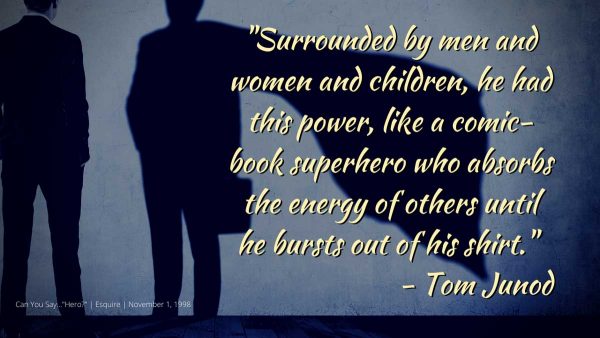I don’t know about you, but I am fascinated by Fred Rogers! Something you may or may not find odd about my fascination is that until recently I only knew…
Read MoreIt’s that time of the year again – the END OF IT! The New Year often brings about an array of thoughts and feelings. We are often excited about closing…
Read More


